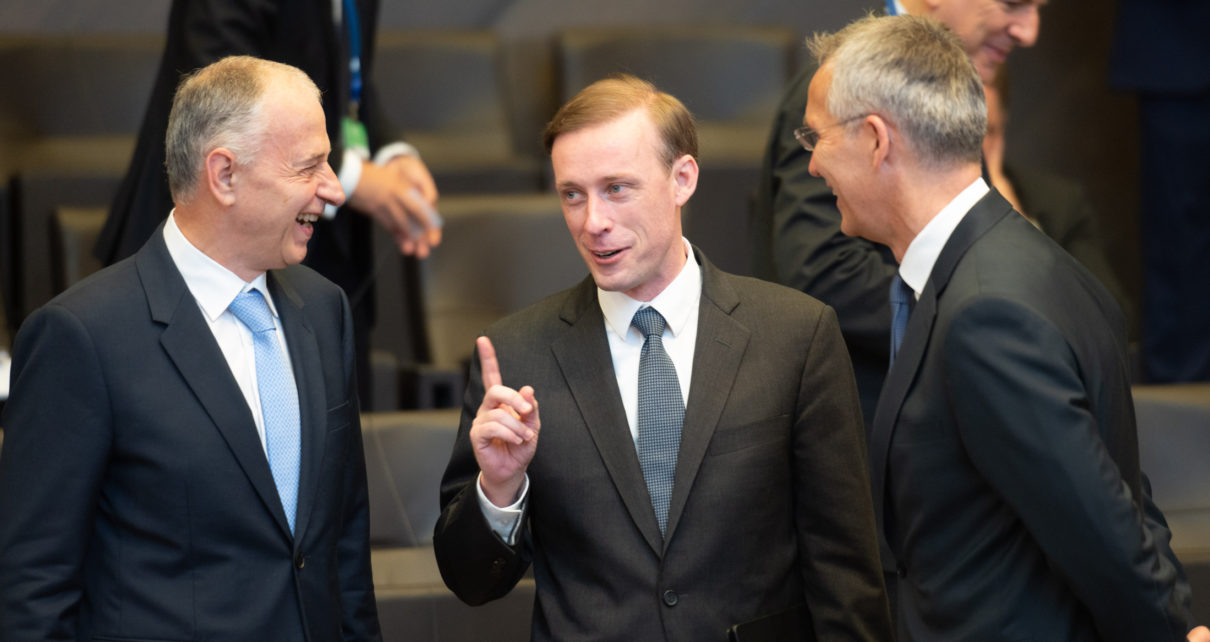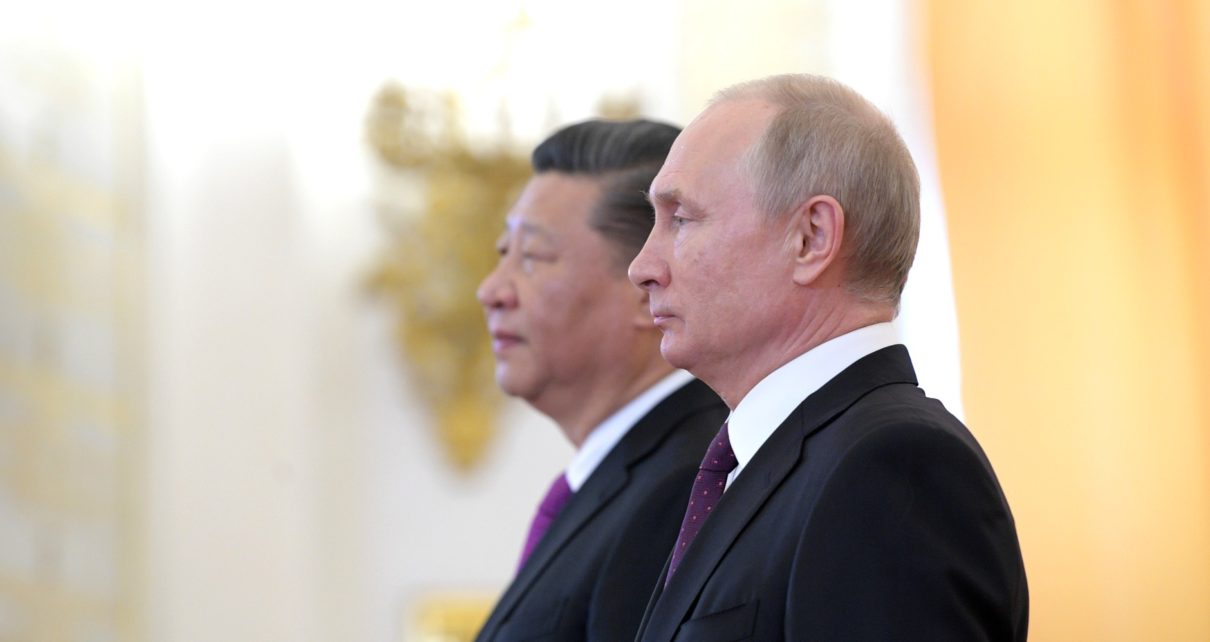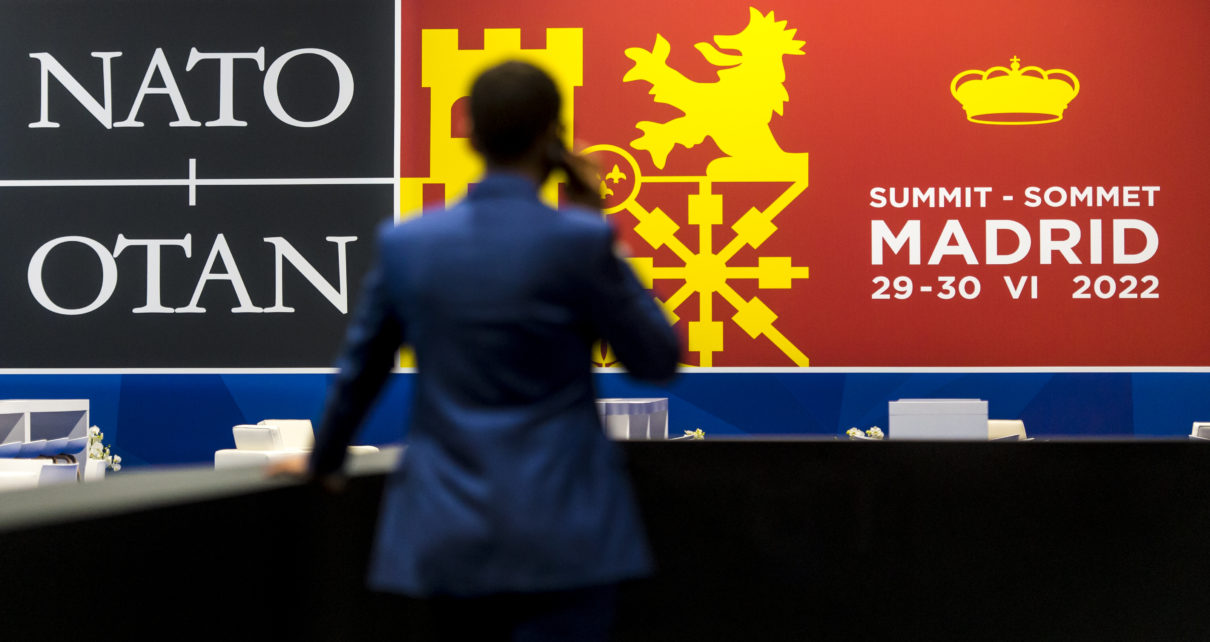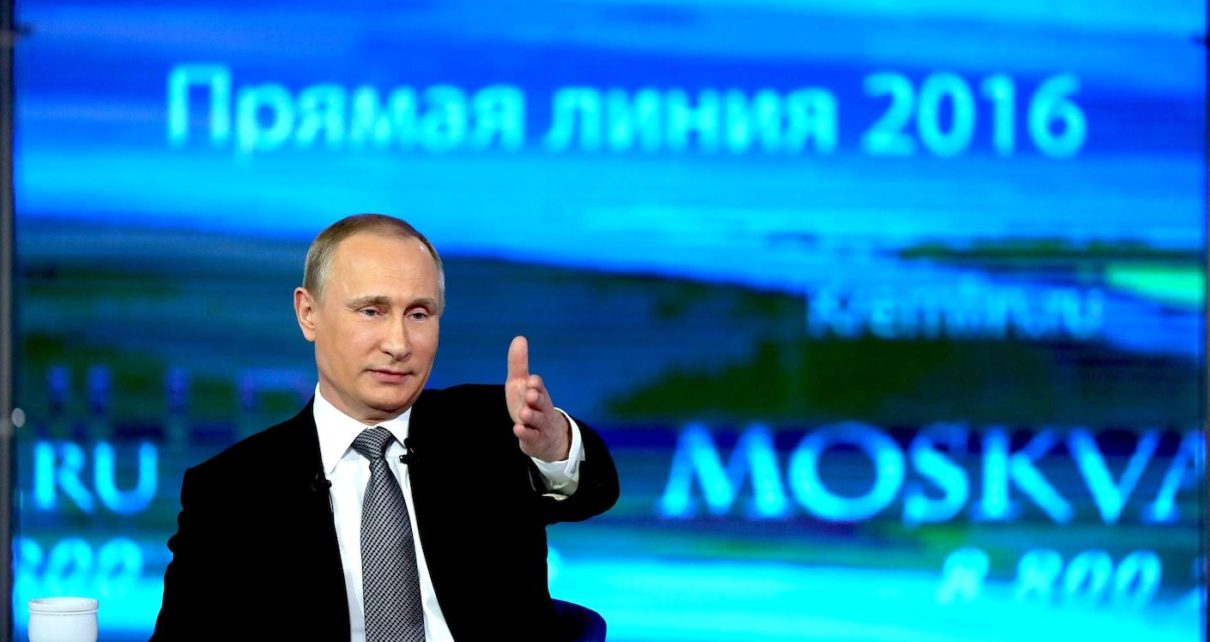Do media literacy classes offer an effective policy solution to disinformation? In this article, Jack Burnham discusses the rise of media literacy classes in the US and Canada and their impact on countering the effects of deliberate falsehoods on young people.
Centre For Disinformation Studies
The Centre for Disinformation Studies (CDS) is a nonpartisan research and public outreach wing of the NATO Association of Canada, created in April 2019. The goal of the CDS is to facilitate engagement between academics, government, and the public on the topic of disinformation or ‘fake news’. Although disinformation has long been an aspect of human communication, new technologies and a changing international landscape have pushed the idea of disinformation into public awareness in unprecedented ways. The spread of disinformation in recent years has been facilitated by the proliferation of online social networks and digital information-sharing platforms. These new technologies have eroded public trust in conventional sources of information and have helped spread skepticism towards science, academia, and democratic institutions.
The Centre for Disinformation Studies has two main objectives. The first is to provide an interdisciplinary platform for scholars from across the country and beyond to share and discuss research relating to the study of disinformation. The second objective of the CDS is to help disseminate academic research on disinformation to the public in an accessible and engaging manner. By directly engaging the public and helping to bridge the gap between academic research and societal perceptions, the CDS aims to improve the public’s ability to engage critically with information spread through new digital technologies. The CDS also works to strengthen Canadians’ cultural resiliency towards misleading information or conspiracy theories by providing resources to help the public navigate an increasingly confusing information landscape.
Honesty Truly Is the Best Policy: Public Intelligence Sharing and the Russo-Ukrainian War
How have NATO states adapted to Russia’s use of disinformation? In this article, Jack Burnham discusses the West’s strategy of public intelligence sharing and its impact on the Russo-Ukrainian War.
Short Loops and Tall Tales: TikTok, Disinformation, and the New Face of War Reporting
Why has TikTok become a hub for disinformation during the Russo-Ukrainian War? In this article, Jack Burnham discusses the rise of the social media platform, its influence on the information space, and how it has reshaped war reporting.
Wolf Warrior-ism, Revisited: Great Power Competition During the Russo-Ukrainian War
What lessons can Russian disinformation campaigns provide for understanding China’s “Wolf Warrior Diplomacy”? In this article, Jack Burnham discusses the Russo-Ukrainian war, Chinese diplomacy, and the value of falsehoods in international relations.
Crossing the Rubicon To Reach Centre Bloc: Grievance Politics, Disinformation, and the Legacy of the “Freedom Convoy”
What threat does the “Freedom Convoy” continue to pose to Canada? In this article, Jack Burnham discusses protests in Ottawa and the role of disinformation in stoking and radicalizing grievance politics.
Another Big Bang? What Sweden’s Entry into NATO Could Mean for Countering Disinformation
What could Sweden’s entry into NATO mean for its fight against disinformation? In this article, Jack Burnham discusses NATO’s recent Madrid Summit and potential role for Sweden’s Psychological Defence Agency within the Alliance.
Swords into Bullhorns: Modern Russian Information Warfare Practices and their Impact on the Ongoing War in Ukraine
In this article Griffin Cornwall analyzes the establishment of Russia’s information warfare policies and how they have impacted planning and messaging surrounding the ongoing war in Ukraine.
La législation française sur la désinformation, un exemple à suivre ?
En novembre 2018, l’Assemblé nationale française adoptait La loi contre la manipulation de l’information. La France suivait alors les traces de l’Allemagne en se dotant d’une loi sur la désinformation adaptée aux plateformes sociales du 21e siècle. En fait, la loi française qui a été adoptée était une mise à jour, une adaptation aux nouvelles réalités Read More…
Disinformation in Warfare: American PsyOps and the Lord’s Resistance Army
Examining the use of information in warfare to combat the LRA in Central Africa, Thomas Turmel suggests that the pen may be mightier than the sword.
Hiding Truth at All Costs: Revisiting the Chernobyl Disaster
This week, Thomas Turmel examines how Soviet authorities try to hide the Chernobyl disaster and why authoritarian states have the tendency to hide the unpleasant truth.










